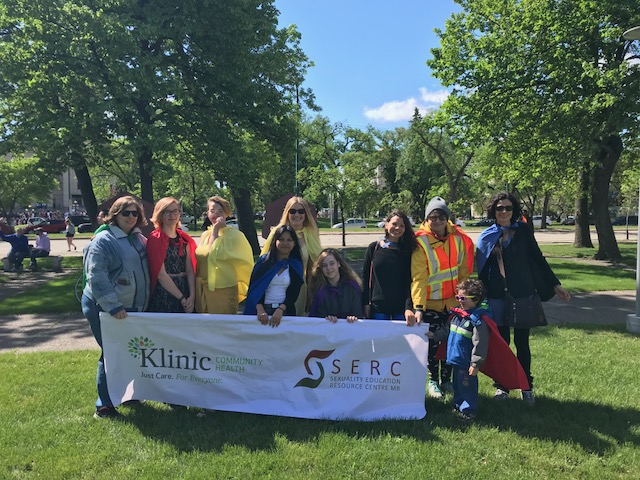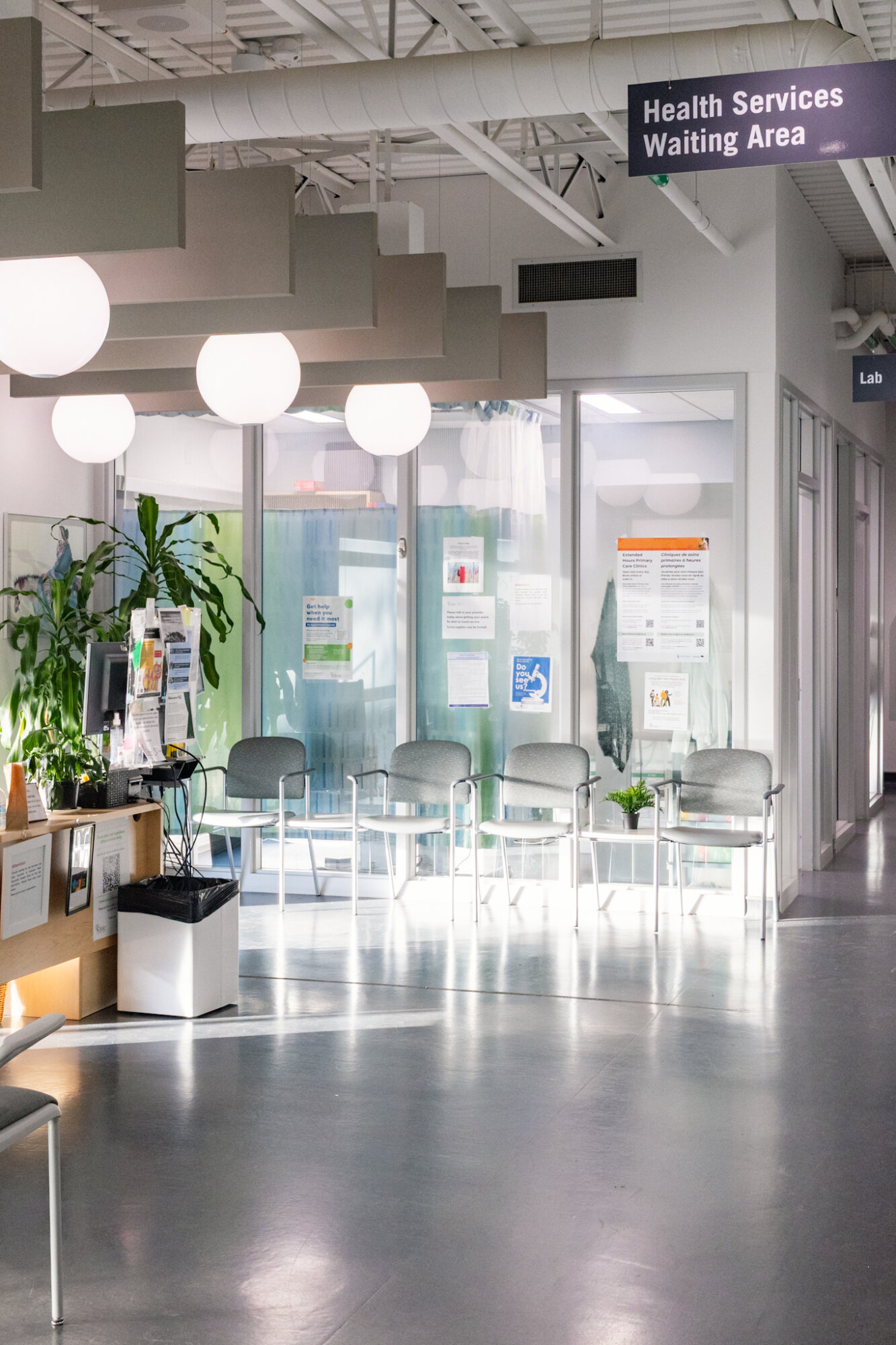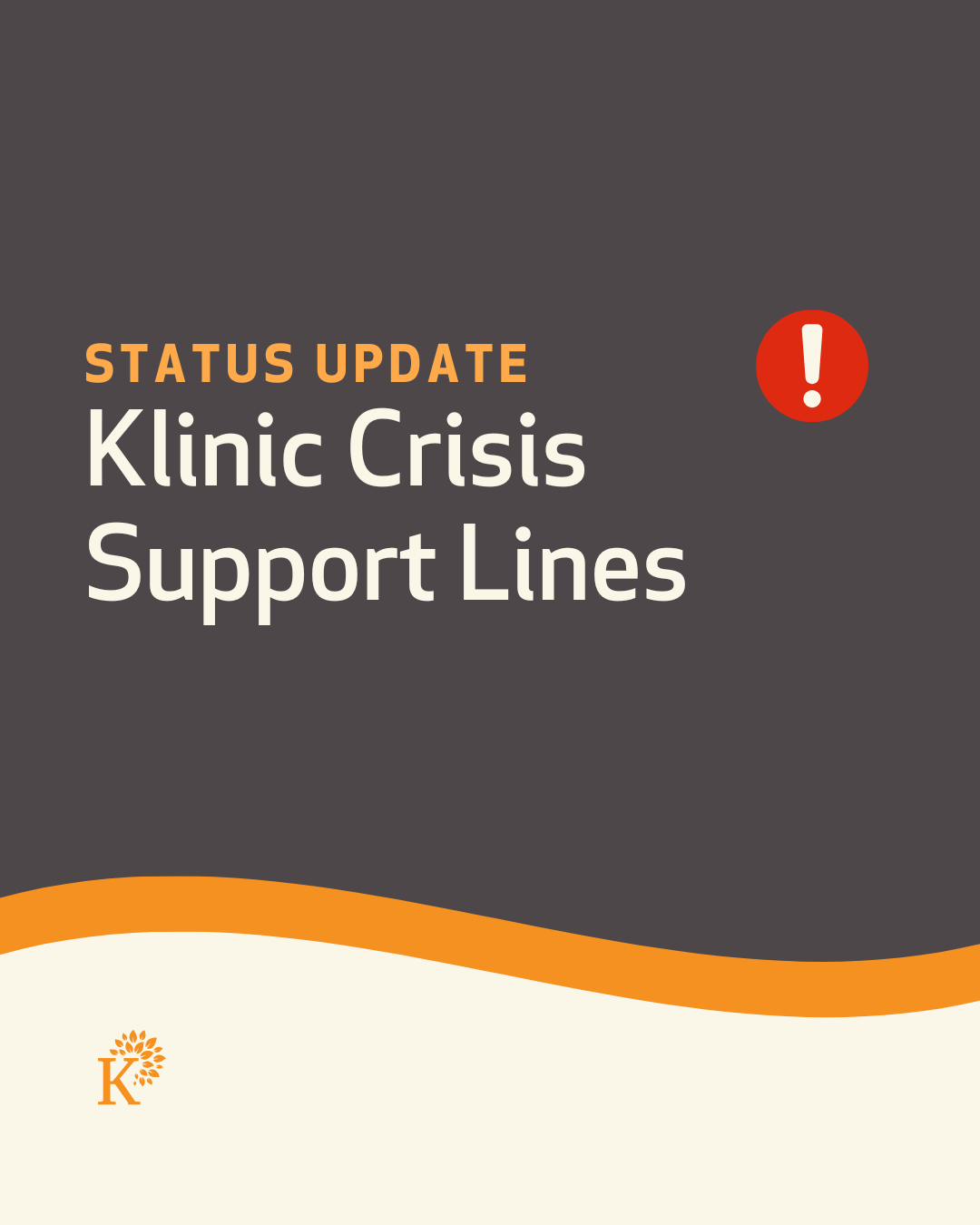About a year ago, I wrote a blog on what makes a community health centre. It is something that I ponder often in my roles as Executive Director of Klinic and SERC (both identifying as Community Health Centres), as well as part of the Manitoba Association of Community Health (MACH), and Co-Chair of the Canadian Association of Community Health Centres (CACHC). At the end of the day, I believe that commitment to community health is the essence of this, and this can mean many things. Klinic’s vision is engaged and healthy communities. Though it seems like a fairly simple and brief concept at its core, it can be quite complex; for example, identifying which ‘communities’ we are talking about. At Klinic, we identify many communities we work with, from the community immediately outside our doors, to those across every corner of our Province who may be reaching out to one of our many crisis and support lines or specialty programs like our Transgender Health Klinic. The Social Justice Committee, made up of staff and members of Klinic’s Board of Directors, is tasked with identifying and working on social justice issues that align with Klinic’s mission and vision. Given Klinic’s broad definitions of community and service range this can be many potential issues to focus on. Klinic accomplishes this work through first creating position papers on areas of focus and then setting up working groups to identify action plans. Over the last two years, many of these recommendations were woven into our strategic plan and are being actively worked on, however, two key working groups that are planning over the next year are focused on Reconciliation and Harm Reduction, critical areas we have identified as needing focus. One of the key ways that we are able to do this work and engage with so many communities is through both internal and external committee and network connections. Given that we knew this was a significant piece of how we do our work, we undertook a survey recently to identify how many and which community and internal networks members of our team were involved in. Frankly, I think the results are extraordinary (and I am sure we are still missing a few!). In total we had 31 affirmative responses to external committees and networks. In total to date we have 64 examples including:  What is a Community Health Centre? What is a community? What does an engaged and healthy community look like? It is evident that working together, collaborating, and using our combined voices to advocate for an equitable society and access to health for all continues to be an important factor.
What is a Community Health Centre? What is a community? What does an engaged and healthy community look like? It is evident that working together, collaborating, and using our combined voices to advocate for an equitable society and access to health for all continues to be an important factor.  Thank you to all our team for their commitment to being involved in our communities and living the Klinic tagline, Just Care. For Everyone.
Thank you to all our team for their commitment to being involved in our communities and living the Klinic tagline, Just Care. For Everyone.
- University Sexual Assault Advisory Committees
- Communites for Families
- Prostitution Offenders Program Advisory Committee
- Trafficked Persons Response Team
- Inter-agency volunteer coordination committee
- Many regional and provincial clinical planning teams
- Circles of Support and Accountability Advisory Committee
- Heart Medicine Lodge Advisory Committee
- Matthews Non Profit Housing
- ASPSH (Alberta Society for the Promotion of Sexual Health)
- West Broadway Community Ministry, All Saints Church
- West Broadway Community Organization
- Winnipeg Safe Cities Committee
- 211 Manitoba
- Knowledge Keepers
- Unplanned Pregnancy Network
- Social Work Network
- Winnipeg Suicide Prevention Network
- Manitoba Trauma Network (through MTIEC)
- Teen Services Network
- Uniting Primary Care and Oncology Network (UPCON)
- Public & Patient Engagement Facilitators’ Network
- West Central Network
- Canadian Distress Line Network
- Suicide Prevention Implementation Network (SPIN)
- RESOLVE
- Winnipeg Suicide Prevention Network (WSPN)
- Sexual Assault Response Team (SART)
- Refugee Mental Health Working Group
- Primary Care Dietitian Practice Council
- Youth Suicide Prevention Strategy Working Group
- Manitoba Trans Health Coalition
- Make Poverty History Manitoba
- Right to Housing Coalition
- Manitoba Association of Community Health
- Canadian Association of Community Health
 What is a Community Health Centre? What is a community? What does an engaged and healthy community look like? It is evident that working together, collaborating, and using our combined voices to advocate for an equitable society and access to health for all continues to be an important factor.
What is a Community Health Centre? What is a community? What does an engaged and healthy community look like? It is evident that working together, collaborating, and using our combined voices to advocate for an equitable society and access to health for all continues to be an important factor.  Thank you to all our team for their commitment to being involved in our communities and living the Klinic tagline, Just Care. For Everyone.
Thank you to all our team for their commitment to being involved in our communities and living the Klinic tagline, Just Care. For Everyone.






